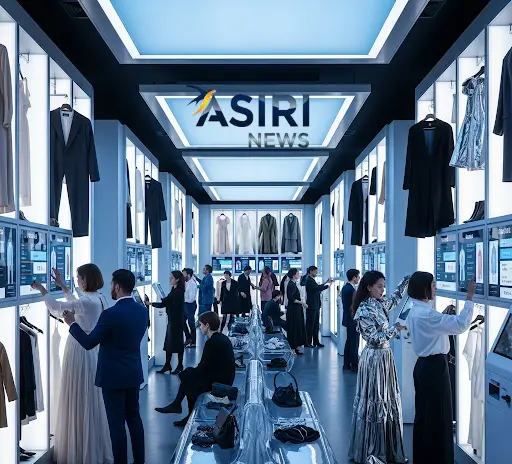In a powerful shift from traditional consumption models, a growing number of consumers are embracing clothing rentals as a core part of their lifestyle. This trend, once confined to special occasions like weddings or galas, has expanded to include everyday wear, signaling a deeper change in how society views ownership, sustainability, and personal style. It’s a movement that blends affordability with environmental consciousness, and it’s redefining the very concept of a wardrobe.
The numbers tell a story of rapid growth and changing habits. The global apparel rental market was valued at $6.26 billion in 2023 and is projected to surge to over $7.45 billion by 2026. This boom is largely driven by younger generations, particularly women, who are leading the charge for a more circular economy. They are motivated by a desire for fashion variety without the financial burden of purchasing and a heightened awareness of the environmental impact of the fast-fashion industry. Research shows that consumers today are more willing to prioritize experiences over possessions, a philosophy perfectly aligned with the rental model.
One of the most significant appeals of clothing rental is its environmental benefit. The fashion industry is a major source of pollution, accounting for as much as 10% of global carbon emissions. The “take-make-dispose” model of fast fashion results in millions of tons of textile waste ending up in landfills each year. Renting clothes directly combats this issue by extending the lifespan of a garment. By keeping a single piece in circulation and maximizing its use, rental services can reduce its carbon footprint by a significant margin. Renting a dress, for instance, can cut its environmental impact by as much as 95% compared to purchasing a new one.

However, the industry faces challenges, including the environmental cost of transportation for repeated deliveries and the use of water and chemicals in the cleaning process. Many companies are addressing these concerns by adopting sustainable practices, such as using carbon-neutral deliveries and eco-friendly cleaning methods.
The market is now dominated by both established platforms and new startups. Pioneers like Rent the Runway have expanded from formal wear to offer everyday and workwear subscriptions. Other major players include Nuuly, Armoire, and Gwynnie Bee, each with a distinct business model. This trend is a testament to how consumers are rethinking their relationship with clothes, choosing to support a system that offers them both variety and a clear conscience.



